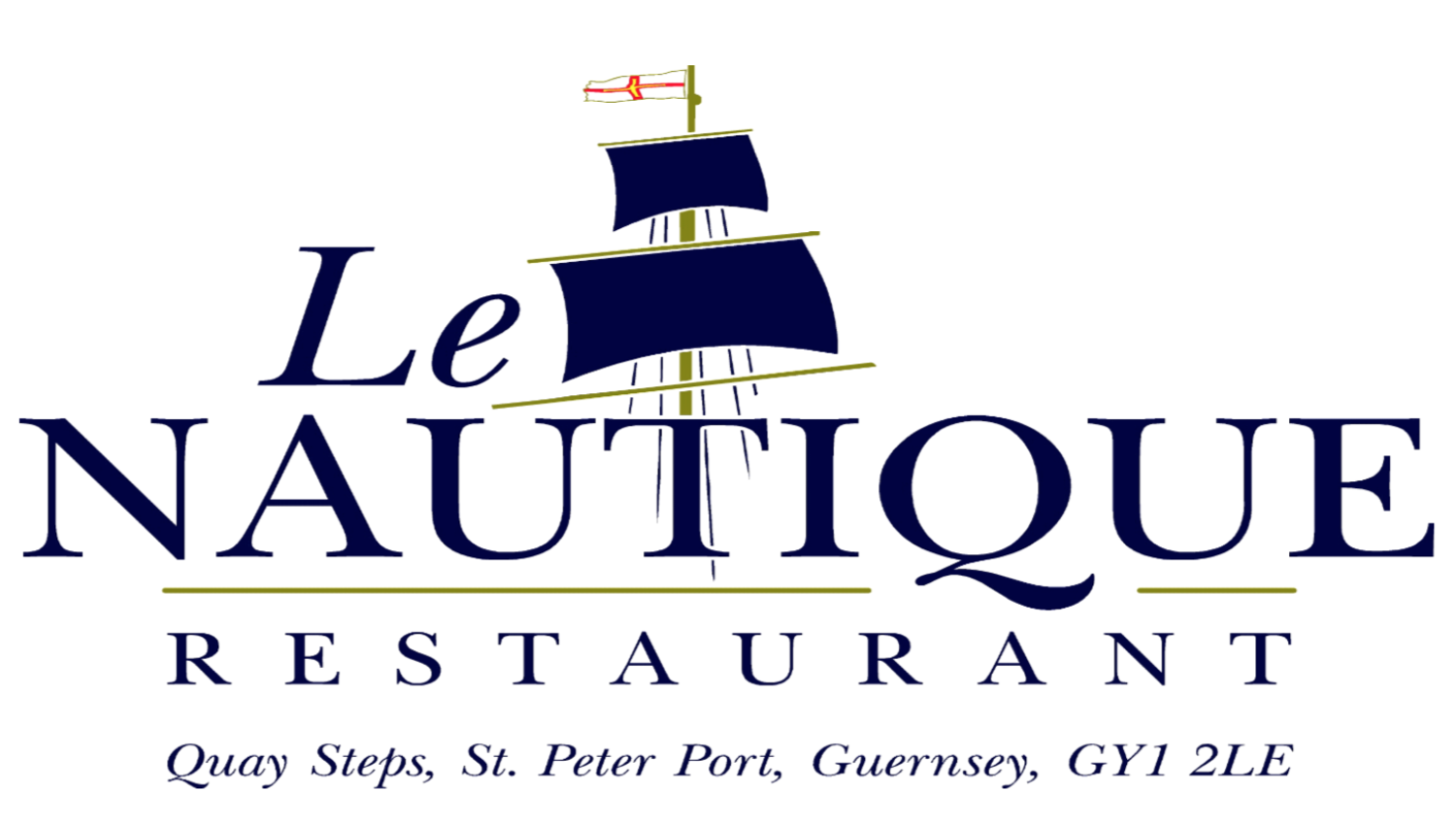
Günter’s cuisine
Günter has a reputation for producing classical cuisine with a modern twist. Although taking his inspiration from the classics, he adapts old recipes to create something truly original and authentic. His style is simple and honest, often the hardest thing to achieve in a restaurant. This ethos of originality and excellence is held by the entire Le Nautique kitchen brigade, who takes real pride in and is passionate about the cuisine they produce.
Günter uses only the freshest possible produce in the creation of his dishes. Fish and shellfish caught in Guernsey's fertile waters are purchased on a daily basis. Fresh, organic, locally-sourced ingredients are used wherever possible and the 'chef recommends' section of the menu is constantly updated to incorporate seasonally available produce. Both the wine list and the menu are extensive, the latter offering not only fish but mouth-watering meat and vegetarian options also.

Le Nautique Restaurant occupies a former Guernsey warehouse which was used for the storage of wines, spirits, tobacco and other goods from the late 1700s. It is known to have belonged for a time to Sir William Collings, a leading Guernsey merchant and shipowner, who lived between 1781 and 1854.
During the eighteenth century St Peter Port was a major international trading port and a centre for privateering. Local shipowners imported wine and brandy from France, rum from the West Indies and tobacco from Maryland and Virginia. They also brought back prize cargoes of similar goods captured from enemy shipping during the many eighteenth-century wars. These goods were stored in vaults such as the Nautique's while awaiting onward sale to clients in England. Some of these were bona fide commercial customers, but the majority were smugglers from the south coast, for whom the Guernsey merchants would decant their wares into portable wooden kegs, which could easily be deposited in secret coves or carried up steep cliffs, as the need arose.
For a period after 1765 Guernsey and Alderney became the main depots for contraband bound for the whole of Britain and Ireland. The trade only ceased when the British government extended anti-smuggling legislation to the Channel Islands in 1805 and 1807. Sir William Collings, whose firm had a branch in Rotterdam, appears to have continued in business after the end of the smuggling era importing commodities for the Guernsey market until the early 1820s. The building continued to be used as a warehouse for many decades after Collings' death.
